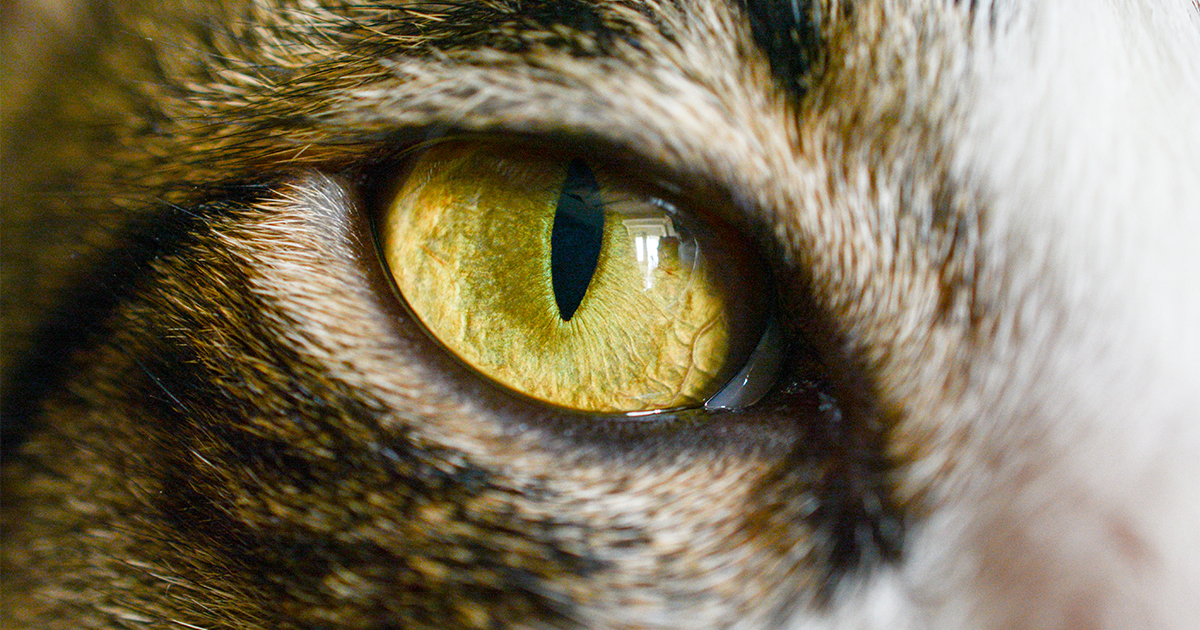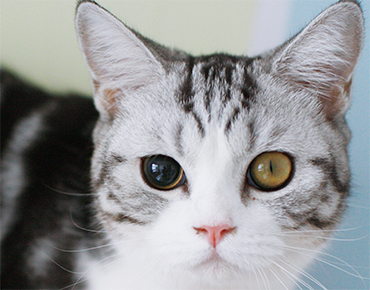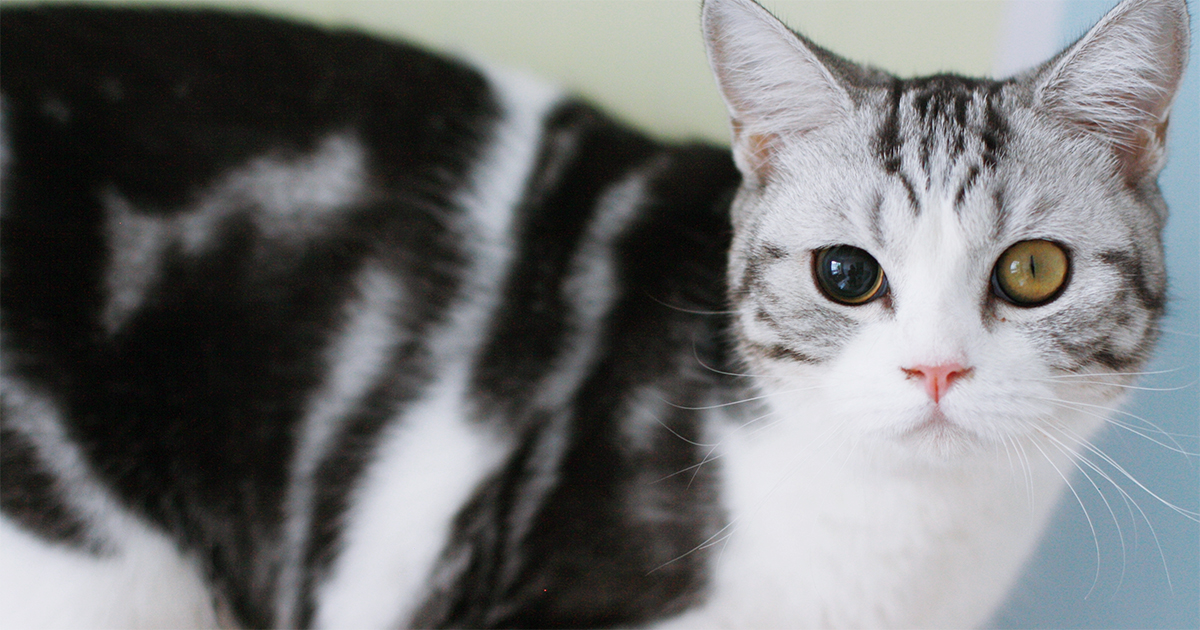cataracts in cats uk
Cataracts often form in both eyes and frequently become worse. Uveitis can lead the bodys immune system to recognize the lens as a foreign material contributing to the formation of cataracts.
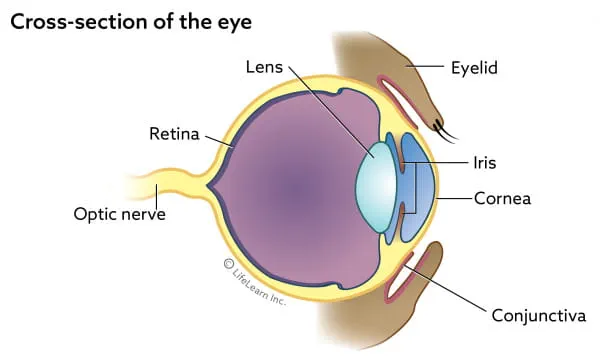
Cataracts In Cats Vca Animal Hospital
Cataract surgery in small animal patients dogs and cats is considered a routine ophthalmic operation.
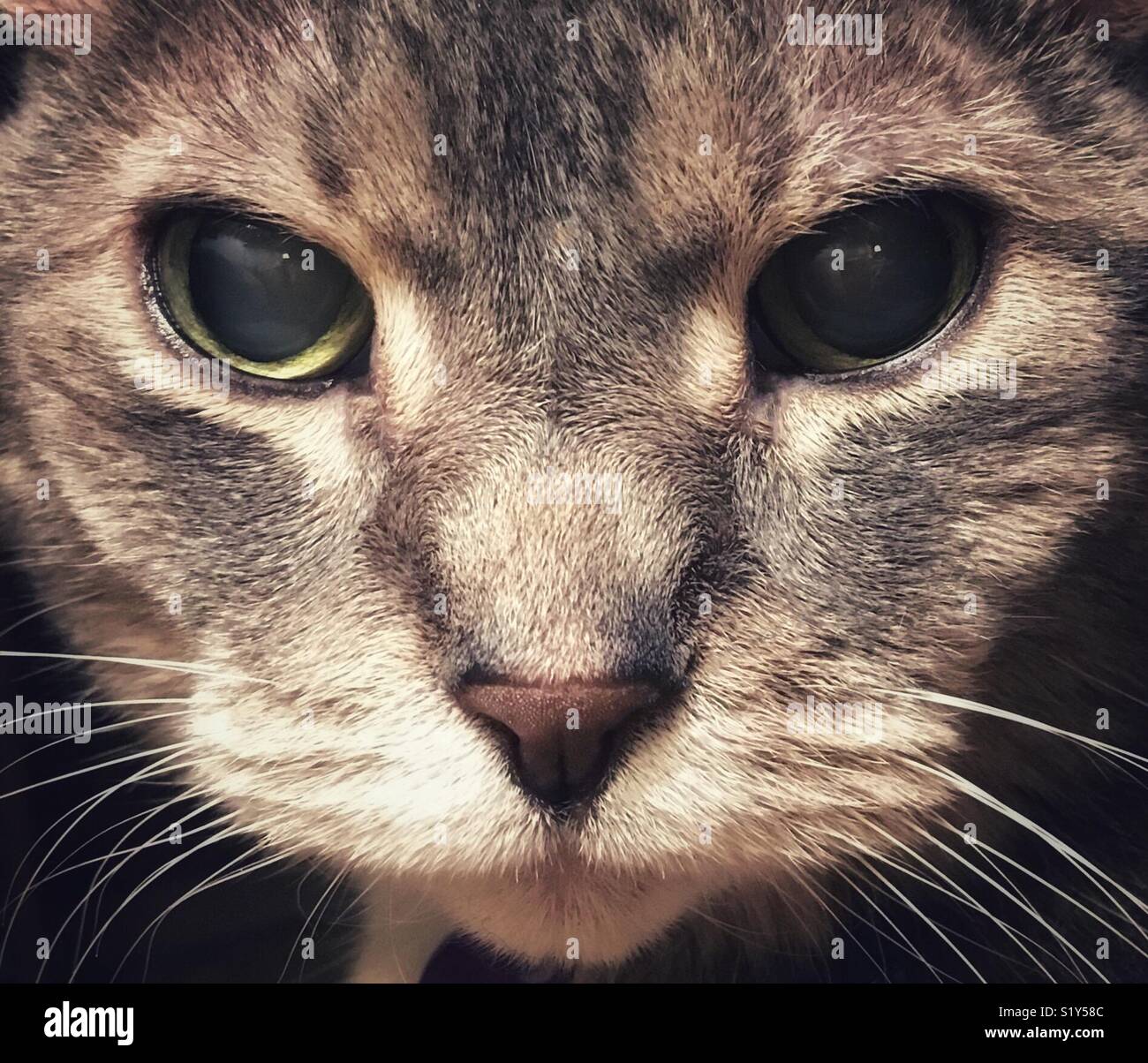
. What are the causes of cataracts in dogs and cats. The most common cause of cataracts in cats is inflammation within the eye which is often described as uveitis. Reasons why cats develop cataracts include the following triggers.
Heredity is a major factor. This is a gradual clouding over of the lens of the eye which affects vision much as does looking through a dirty or stained window. Cataract refers to the cloudiness in the crystalline lens of the eye varying from complete to partial opacity.
Most cases of cataracts are inherited. Chronic uveitis a form of inflammation of the eye Glaucoma. The lens of the eye is located deep inside the eye just behind the coloured part ie.
This can occur as a result of a number of underlying diseases processes. For instance Persian Birmans and. The most common cause of cataracts in cats is due to long-term uveitis inflammation inside the eyes Dr.
As they develop they can develop what looks like cracks giving the glaze a crushed ice look. The most common signs are. Cataracts stop light getting through and reduce vision.
A cataract is an abnormal cloudiness of the eye caused by a change in the structure of the lens. However one eye can be more affected than the other in the first instance. When the eye lens located directly behind the iris is clouded it prevents light from passing to the retina which can cause vision loss.
Diabetes does not cause cataracts in cats unlike dogs. Some cats carry the DNA that makes them more likely to develop cataracts while other cats may acquire cataracts in their later years due to the aging process just like humans. A cataract is an eye condition where the lens becomes cloudy and causes vision impairment.
A cataract is a clouding or opacity in the lens which makes it look white. Cataracts in cats are usually caused by another condition such as an injury glaucoma uveitis or lens luxation. Inflammation as with cat cancer glaucoma trauma autoimmune diseases or infection Lens dislocation typically after trauma or inflammation Cats may also develop cataracts that are related to other diseases such as.
Light bounces off and highlights a cataract sitting in the eye. The larger the area affected the greater the impact on vision. Weve put together a guide to help you spot cataracts in your furry friend.
Cataracts are usually first diagnosed by the appearance of cloudy spots in pupils of the eyes although further tests are required to diagnose the stage and rate of progression. Slit-lamp biomicroscopy shines a thin slit of light through the eye. Cataracts in cats can develop due to.
Cataracts in cats can develop as a result of eye trauma metabolic disease or infections. Cataracts can affect a part of or the entire lens and can be unilateral one eye or bilateral both eyes. The success may differ in each patient.
One of the more common problems affecting vision especially with the elderly is cataracts. With humans the problem is generally recognized through an eye exam and corrected by surgery. Retinal detachment - retinal detachment is where the thin layer of cells the retina separates from the back of the eye causing loss of vision.
Distant direct ophthalmoscopy a light is shone into the eye and cataracts appear as a dark area in the light that bounces off the back of the retina. The success rate is considered high at approximately 90 - nine out of ten eyes have a favourable surgical outcome. Cataracts may be caused by a variety of underlying pathologic processes in cats including nutrition2-3 genetic factors4-6 trauma7-9 metabolic disorders1011 radiation12 and intraocular inflammation13-16 The most common cause of cataracts in cats is uveitis secondary to systemic disease1 Uveitis may cause cataract formation or lens luxation which also leads to.
If the lens becomes cloudy or milky with cataracts the lens doesnt let light into the retina. Poor nutrition in early life. This advice is for UK pets only.
Cataracts in cats can develop due to. Cataracts usually get worse over time causing loss of vision and eventually complete blindness. Cloudiness of the Eye Lens in Cats.
The lens sits behind the iris in the eye and changes shape in order to focus light waves on the photo sensitive part of the eye the retina. Cataracts can be caused by a number of factors. Cataracts are classified according to your cats age and the size of the cataract.
They are more often than not easy to spot as they present themselves as a sort of milky glaze in a cat or dogs eyes. Cataracts are medically classified by location within the lens or by the age of the cat at onset for instance juvenile cateracts for cats of less than 8 years or senile cateracts for cats over 8 years. If your cat is one of these breeds check their eyes frequently for changes and consult a vet or eye specialist if you see signs of cataracts.
When the condition is inherited it may be referred to as juvenile cataracts Cataract Surgery in Cats. Penetrating injury to the eye commonly caused by fighting with. A bluish gray or white layer on the eye A sudden reluctance to climb stairs or jump on furniture Clumsiness.
The most common are age diabetes genetics eye infections eye injuries or. Normally light passes through the lens and projects an image onto the back of the eye retina. People dogs and cats can all develop this condition which affects the lens of the eye although cats are less likely to get cataracts.
How we diagnose cataracts. Poor nutrition in early life. The success rate is higher in cataracts that have appeared relatively recently than.
Common causes of cataracts in cats. Certain cat breeds are predisposed including Persians Birmans Himalayans and Domestic Shorthairs. Cataracts in cats are usually caused by another condition such as an injury glaucoma uveitis or lens luxation.
Cataracts are caused by a clouding of the lenses and usually occur in older cats or dogs as a normal part of the aging process. Reasons why cats develop cataracts include the following triggers. Causes of Cataracts in Cats.
While extremely rare cataracts can be present at birth congenital or occur in young cats. Cataracts occur when an obstruction involving the lens of the eye prevents light from reaching the retina. Cataracts develop in cats for many reasons and sometimes the reason for your cats cataracts remains unknown.
There are many things that could cause a cat to develop cataracts. The condition may also be inherited. This can occur as a result of a number of underlying diseases processes.
Malnutrition as a kitten.

Cataract Prevalence By Year Group In Different Populations Examined Download Scientific Diagram
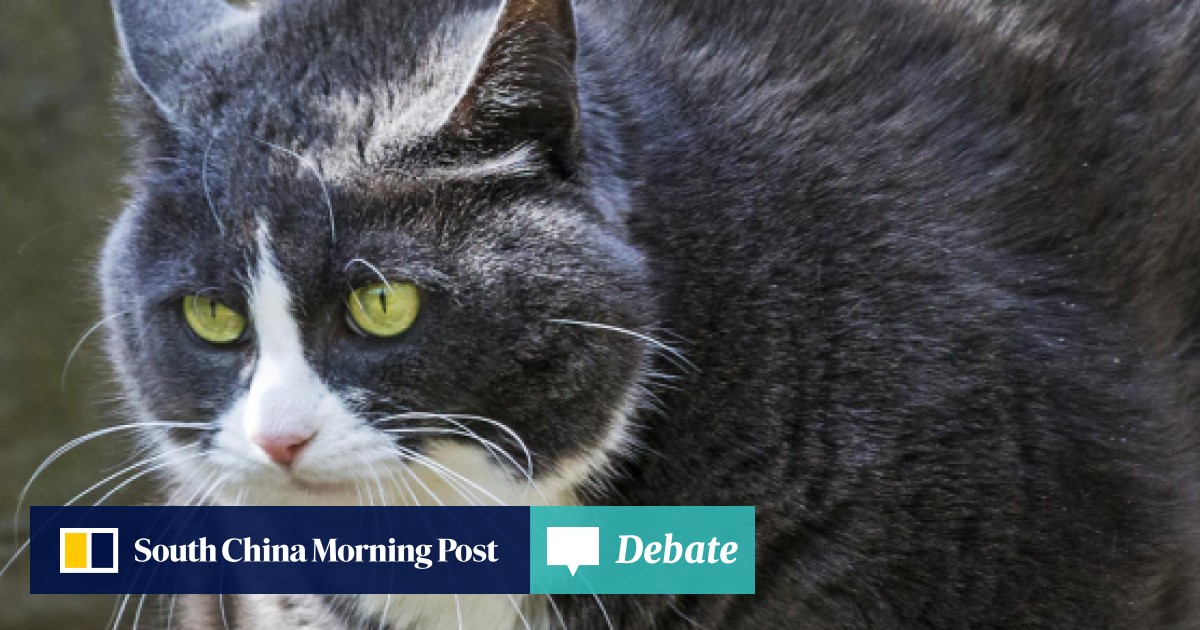
Diabetes On The Rise Among Cats And Dogs South China Morning Post
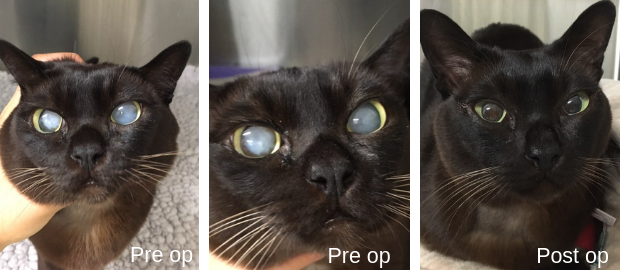
Veterinary Referral Blog News Eastcott Referral

Cataracts In Cats Emergency Vet 24 7

Prevalence Of Cataracts In Cats Examined By Gender Download Scientific Diagram

Cataracts In Cats Dogs And Rabbits

Cat Cataracts Signs Treatment And Prevention Daily Paws
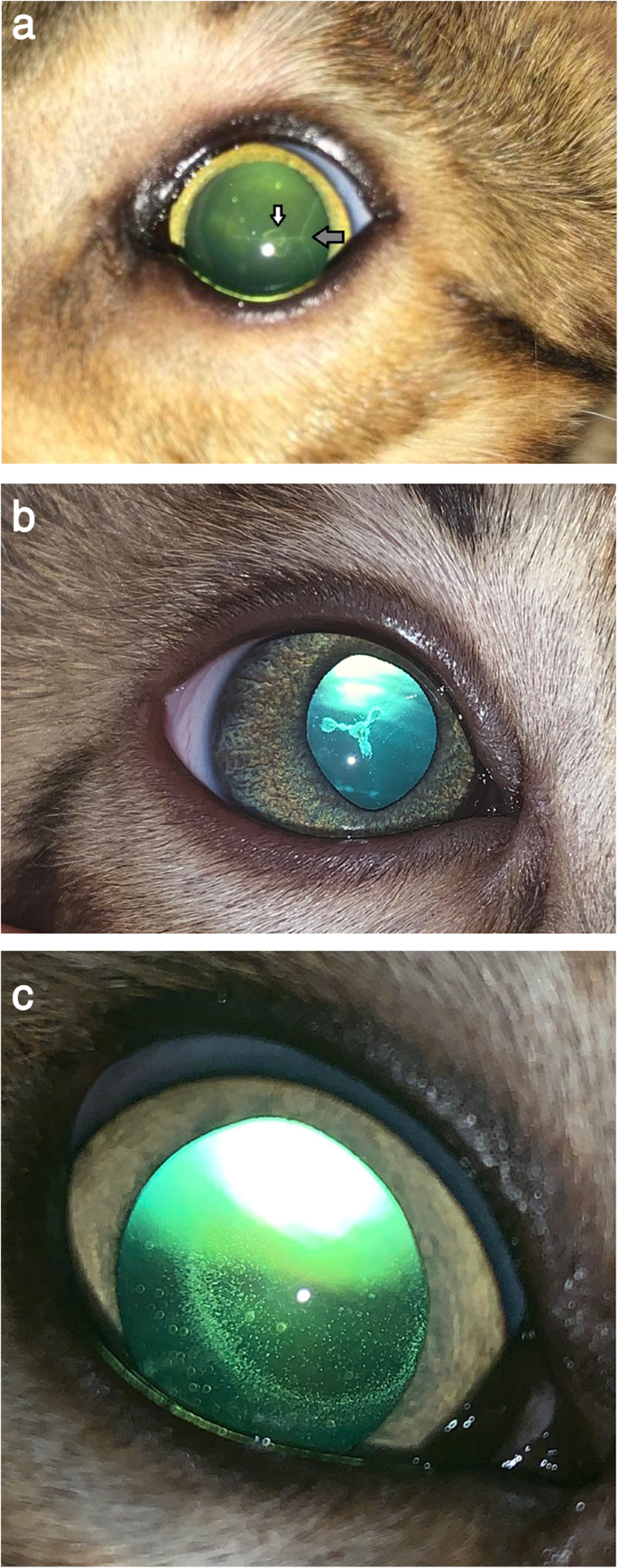
Hereditary Cataract In The Bengal Cat In Poland Springerlink
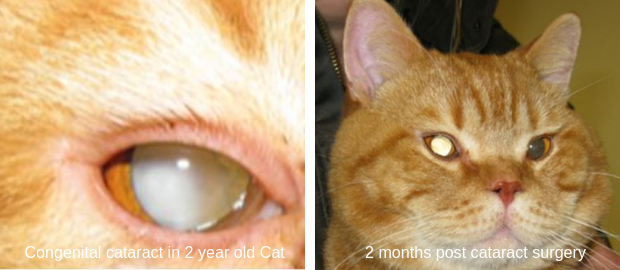
Veterinary Referral Blog News Eastcott Referral

How Do I Know If My Cat Has Cataracts Poc
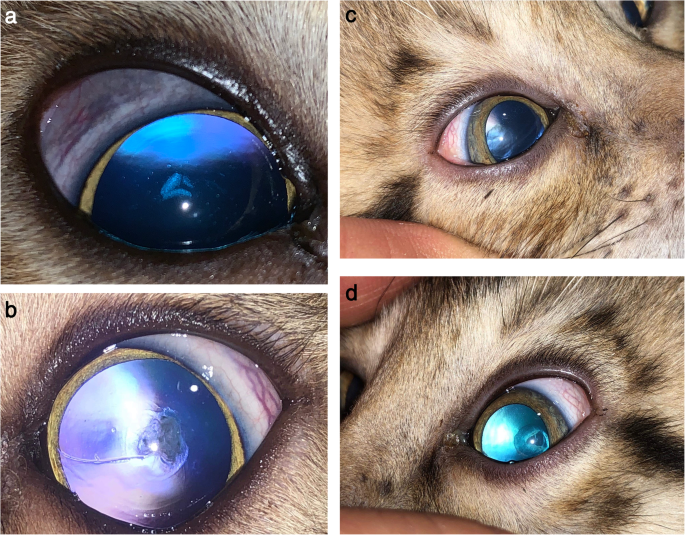
Hereditary Cataract In The Bengal Cat In Poland Springerlink

Cat With Cataracts High Resolution Stock Photography And Images Alamy

What To Do If Your Pet Has Cataracts Woodgreen Pets Charity

Cataracts In Cats The Brook Vet
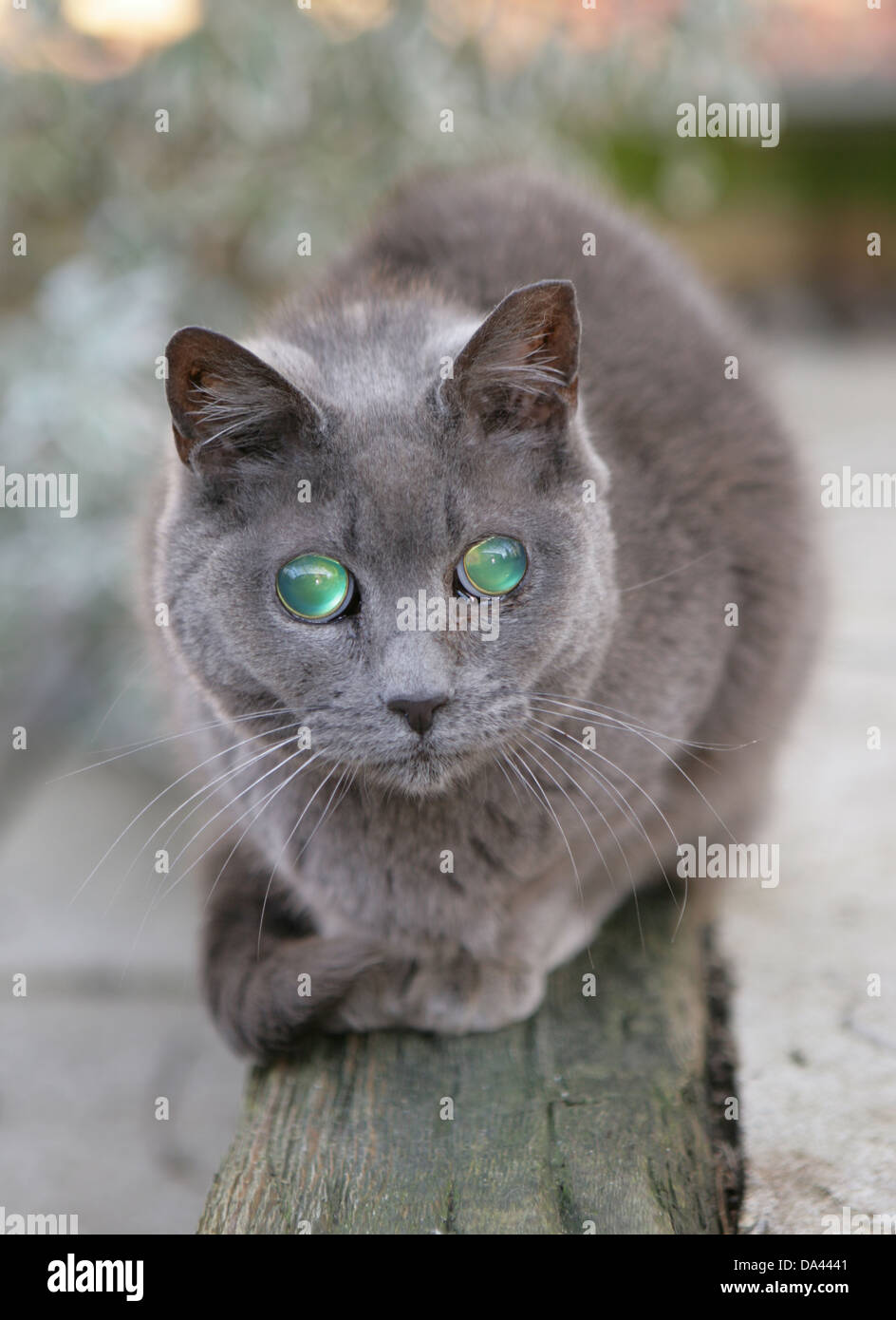
Domestic Cat Adult With Cataracts Developed In Both Eyes England December Stock Photo Alamy
